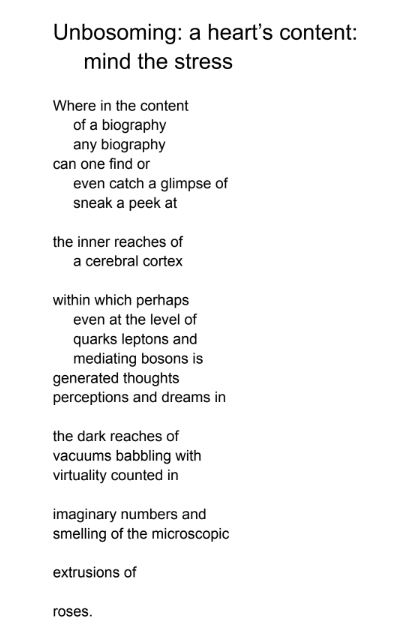Driving Stick
____First thing in the morning she laid out her plan. She was going over to the East Bay to buy a used VW Beetle with a manual transmission. Even though she didn’t know how to use a manual transmission. The reason she needed a new car ASAP was because they repossessed her old one when she, inexplicably, and without telling me, failed to make payments. I was told my job, once I got dressed, was to be her chauffeur across the bridge, and to drive the Beetle back. Later I was to teach her how to drive stick, at least well enough that she didn’t leave the transmission as shredded metal in the road. I knew this car was a key part of her strategy for leaving me. Also, she knew that I knew, but nonetheless expected me to help in the destruction of my life.
_____Then, acting like she couldn’t help herself, she fucked me in the bathroom, me standing holding her up, like it was real. Yes, a part of me realized I was being manipulated. There was also a part of me that wasn’t so certain, a part that felt she might not really want to go, but instead wanted me to save her.
_____After the acrobatics she said, “We shouldn’t do that anymore, you have too much power over me.”
_____“What’s wrong with that?” I asked. “Isn’t that how it should be?” She ignored me.
_____All the mixed signals, me not knowing which ones to pay attention to, so I focused on all of them simultaneously. It made my head hurt as badly as my heart.
_____As we prepared to leave, I couldn’t keep it in any longer. I said, “This is crazy.”
_____“Don’t say that!” She spit it out with equal parts anger and anxiety. She sounded afraid.
_____She knows, I thought to myself. There’s enough of the old her in there, enough self-awareness, that she knows the damage she’s causing both of us. She knows she isn’t okay.
_____There wasn’t time to discuss it, however. There would never be time for that. Crazy be damned, we had to get over to Oakland to buy her a car she couldn’t drive.
James Irwin is a writer of stories real & unreal, also a media artist, arts critic, college professor, and communications pro. Awards include San Francisco Museum of Modern Art, National Endowment for the Humanities, Pennsylvania Council on the Arts, and Rockefeller Foundation. He lives in northern New Jersey.

